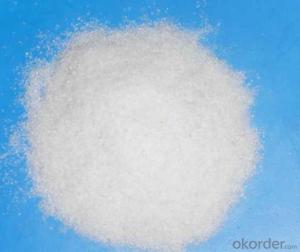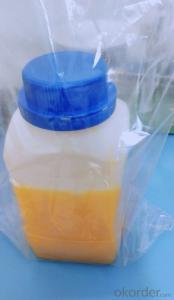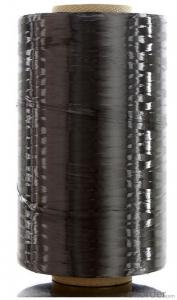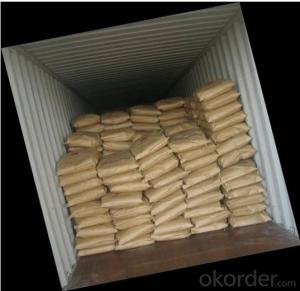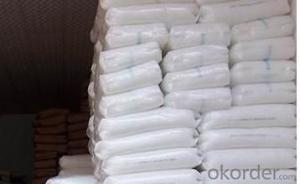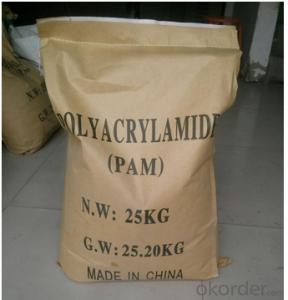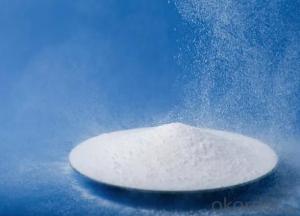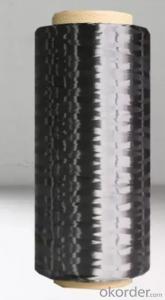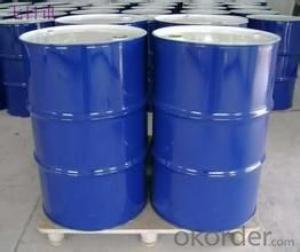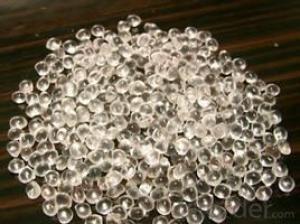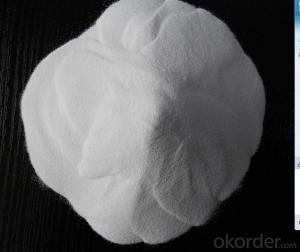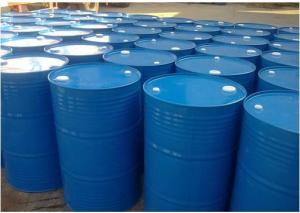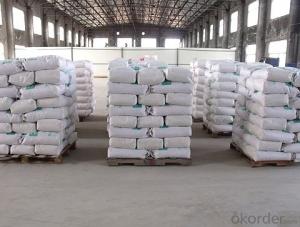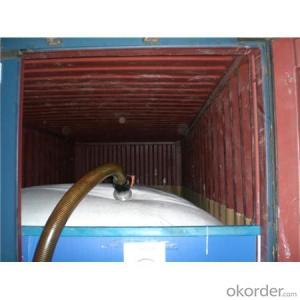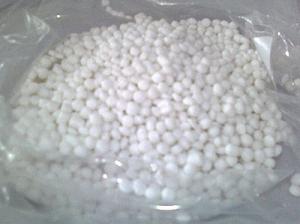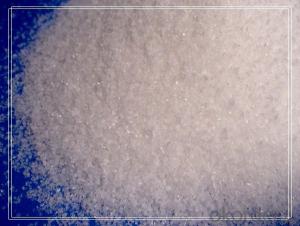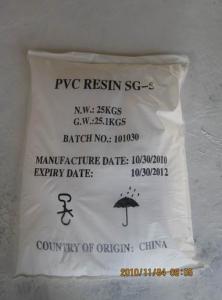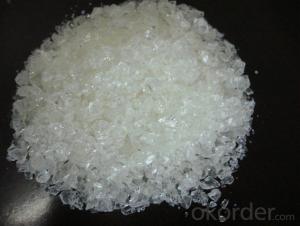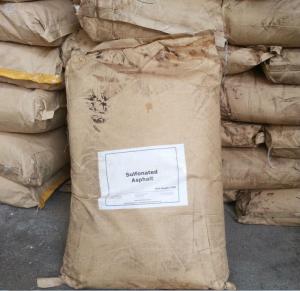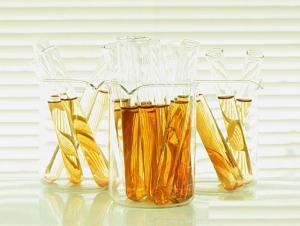All Categories
- - Steel Wire Rod
- - Steel Coils
- - Steel Profiles
- - Steel Pipes
- - Stainless Steel
- - Tinplate
- - Special Steel
- - Steel Sheets
- - Steel Rebars
- - Steel Strips
- - Hot Rolled Steel
- - Cold Rolled Steel
- - Pre-painted Steel
- - Seamless Steel Pipe
- - Welded Steel Pipe
- - Hollow Steel Tubes
- - Galvanized Pipe
- - Stainless Steel Coil
- - Stainless Steel Sheet
- - Stainless Steel Plate
- - Stainless Steel Strips
- - Electrolytic Tinplate Coil
- - Electrolytic Tinplate Sheet
- - Stainless Steel Rebars
- - Solar Panels
- - Solar Water Heater
- - Solar Related Products
- - Solar Inverter
- - Solar Cells
- - Solar Light
- - Solar Energy Systems
- - Solar Controllers
- - Solar Mounting System
- - Solar Pump
- - Solar Chargers
- - Fiberglass Chopped Strand
- - Fiberglass Mesh Cloth
- - Composite Pipes
- - FRP Pultrusion Profiles
- - Fiberglass Mat Tissue
- - Fiberglass Fabrics
- - Fiberglass Mesh
- - Composite Tank
- - Fiberglass Mesh tape
- - Polymer
- - FRP Roofing Panel
- - Fiberglass Roving
- - Monolithic Refractories
- - Ceramic Fiber Products
- - Refractory Bricks
- - Raw Materials For Refractory
- - Suspended Platform
- - Cranes
- - Concrete Machinery
- - Earthmoving Machinery
- - Building Hoist
- - Road Building Machinery
- - Plastic Pipe Fittings
- - Plastic Tubes
- - Plastic Sheets
- - Agricultural Plastic Products
- - Plastic Nets
 All Categories
All Categories
Q & A
How do branching and crosslinking affect polymer properties?
Branching and crosslinking have significant impacts on polymer properties. Branching introduces side chains in the polymer structure, increasing its flexibility, reducing crystallinity, and lowering its melting point. This results in improved elasticity and a decrease in the polymer's viscosity. Crosslinking, on the other hand, forms covalent bonds between polymer chains, increasing its strength, rigidity, and resistance to solvents and heat. It also reduces the polymer's ability to flow, making it less moldable. Overall, branching increases polymer flexibility, while crosslinking enhances its strength and durability.
How do polymers behave under extreme conditions?
Polymers generally exhibit different behaviors under extreme conditions depending on their chemical structure, composition, and processing. Some polymers may become more brittle and less flexible, while others may soften or melt. The mechanical properties, such as strength and elasticity, may also change significantly. Additionally, polymers may experience degradation or chemical reactions, leading to changes in their physical and chemical properties. Overall, the behavior of polymers under extreme conditions is complex and varies widely depending on the specific polymer and the nature of the extreme conditions applied.
How are polymers used in the production of sensors?
Polymers are used in the production of sensors as they can be engineered to possess specific properties such as flexibility, conductivity, and sensitivity. These properties enable polymers to be used as sensing materials or as part of the sensing mechanism in various types of sensors, including chemical, mechanical, and biological sensors. Additionally, polymers can be easily fabricated into different shapes and forms, making them versatile for sensor integration in various industries such as healthcare, automotive, and environmental monitoring.
Wholesale Polymer from supplier in Kiribati
Some of the key benefits of choosing us as your Polymer supplier in Kiribati include:
1. High-quality products: We only offer Polymer products that meet international quality standards, ensuring durability and reliability for your projects.
2. Competitive pricing: As a subsidiary of CNBM, we have access to a global supply chain and economies of scale, allowing us to offer competitive pricing for our Polymer products.
3. Comprehensive support: Our team of experts is available to provide you with comprehensive sales, quoting, and technical support services. Whether you need assistance with product selection, specifications, or troubleshooting, we are here to help.
4. Timely delivery: With our efficient logistics network, we ensure timely delivery of your Polymer products to any location in Kiribati. We understand the importance of meeting project deadlines and strive to provide on-time delivery.
5. Customized solutions: We understand that different projects have unique requirements. Therefore, we offer customized Polymer solutions to meet your specific needs. Our team will work closely with you to understand your requirements and provide tailored solutions accordingly.
6. Sustainability: CNBM is committed to sustainability and environmental responsibility. We offer a range of eco-friendly Polymer products that are manufactured using sustainable practices, minimizing the impact on the environment.
7. Local expertise: With our years of experience in the Kiribati market, we have developed a deep understanding of the local industry and its challenges. We can provide valuable insights and expertise to help you navigate the market and make informed decisions.
Overall, as a leading supplier of Polymer products in Kiribati, we are dedicated to providing you with high-quality products, competitive pricing, comprehensive support, and customized solutions. Partner with us for efficient and hassle-free Polymer procurement solutions for your projects.
1. High-quality products: We only offer Polymer products that meet international quality standards, ensuring durability and reliability for your projects.
2. Competitive pricing: As a subsidiary of CNBM, we have access to a global supply chain and economies of scale, allowing us to offer competitive pricing for our Polymer products.
3. Comprehensive support: Our team of experts is available to provide you with comprehensive sales, quoting, and technical support services. Whether you need assistance with product selection, specifications, or troubleshooting, we are here to help.
4. Timely delivery: With our efficient logistics network, we ensure timely delivery of your Polymer products to any location in Kiribati. We understand the importance of meeting project deadlines and strive to provide on-time delivery.
5. Customized solutions: We understand that different projects have unique requirements. Therefore, we offer customized Polymer solutions to meet your specific needs. Our team will work closely with you to understand your requirements and provide tailored solutions accordingly.
6. Sustainability: CNBM is committed to sustainability and environmental responsibility. We offer a range of eco-friendly Polymer products that are manufactured using sustainable practices, minimizing the impact on the environment.
7. Local expertise: With our years of experience in the Kiribati market, we have developed a deep understanding of the local industry and its challenges. We can provide valuable insights and expertise to help you navigate the market and make informed decisions.
Overall, as a leading supplier of Polymer products in Kiribati, we are dedicated to providing you with high-quality products, competitive pricing, comprehensive support, and customized solutions. Partner with us for efficient and hassle-free Polymer procurement solutions for your projects.
Hot Search
- Fiberglass Chopped Strand in Morocco
- Fiberglass Mesh Cloth in Portugal
- Composite Pipes in Singapore
- FRP Pultrusion Profiles in Denmark
- Fiberglass Mat Tissue in Grenada
- Fiberglass Fabrics in Burundi
- Fiberglass Mesh in Kiribati
- Composite Tank in Spain
- Fiberglass Mesh tape in Andorra
- Polymer in Croatia
